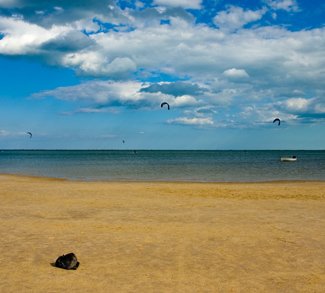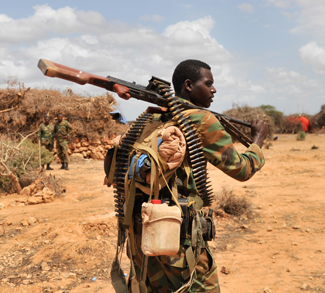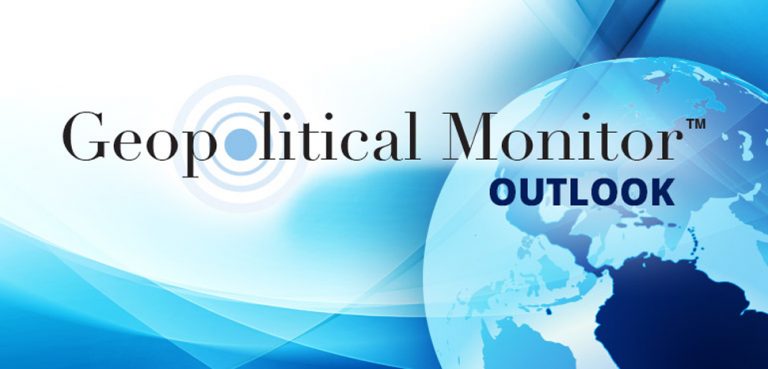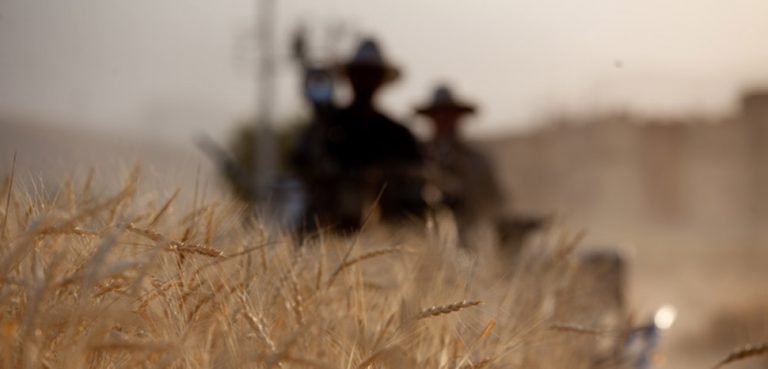As the world gets hotter, the Middle East will see a similar rise in temperature across its geopolitical landscape. Burning hot summers, long droughts and severe flooding will not only threaten food and water security but also human habitability throughout the region. All the while, carbon emission caps will test the traditional reliance of various authoritarian regimes on oil rent as a source of both income and power. In a region already known for its heat and aridity, climate change will only make life bleaker for most of the population.
Climate change is a non-traditional security challenge beyond the realm of military and economic power. Without a doubt, global warming will inflict unprecedented levels of political, economic, and social stress on authoritarian regimes in the region. Experts argue that the consequences of climate change have the potential to ignite a volatile mix of underlying causes that will eventually erupt in revolution. The traditional focus on notions of hard security becomes increasingly irrelevant, as human security, livelihood protection, and sustainable development take center stage.
In the context of climate change, governments will face new needs to address, opportunities to seize, and risks to prevent. The question remains: how fast will the region adapt to these changes? And whether or not Arab states possess the will or capacity to turn one of this century’s top geopolitical risks into a stepping stone for the region as a whole.
Changing Politics in Oil States?
One of the main reasons scholars cite for the robustness of authoritarianism in the Middle East is the “oil curse.” According to Larry Diamond, a “rentier state” is a state that depends heavily on oil and gas rents to keep their states afloat. Moreover, rent consists of income acquired from sources other than taxation; therefore, countries that derive a large portion of their income from renting out their resources are called rentier states. In the Arab World, over 70% of export earnings (in some cases 90%) come from oil and gas. And in many instances, states (i.e. Kuwait, Qatar and Bahrain) are abundant in cash to the point where they do not need to tax their own citizens. As Samuel Huntington notes, the “third wave of democratization” did not reach the Middle East because ‘no representation without taxation’ is a political reality.




